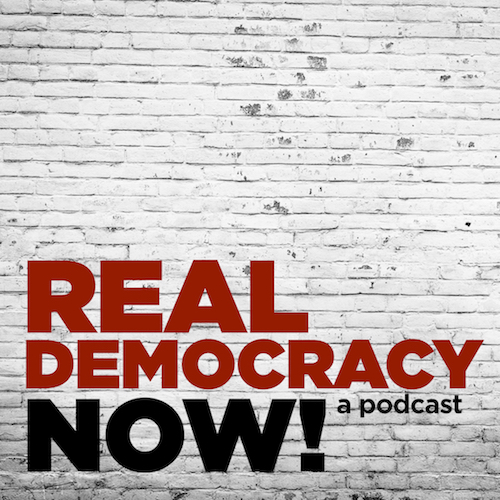1.14 The G1000 in Belgium
The G1000 arose in Belgium out of frustration with the inability of the political parties in Belgium to form a government. The G1000 began in 2011 and had three broad phases:
- public agenda setting,
- the Citizens’ Summit and
- the Citizens’ Panel.
Unlike many of the other deliberative mini-publics we’ve heard about in earlier podcast episodes the G1000 was explicitly about agenda setting by citizens rather than providing advice to elected representatives on a topic those representatives have chosen.
A short overview of the G1000 process and outputs can be found on Participedia.
Didier Caluwaerts is an Assistant Professor of Public Policy at the VUB. His research interests include deliberative and participatory democracy, social, democratic and public sector innovation, social entrepreneurship, innovation management and cooperative governance. He recently set up a lab experiment with professor Michael MacKenzie (University of Pittsburgh) on deliberation and long-term thinking regarding environmental policy.
He was previously a post-doctoral researcher of the FWO at the VUB. His PhD (2011, VUB) dealt with deliberative democracy in divided societies. It was awarded the 2012 ECPR Jean Blondel PhD award and it was nominated for the Annual PhD Prize of the Dutch and Flemish Political Science Associations. He is also the winner of the 2010 ECPR Dirk Berg-Schlosser award, and co-organizer of the G1000 citizens’ summit (2011).
In next week’s episode I’ll be talking to Harm van Dijk one of the people who has taken the G1000 to the Netherlands.
